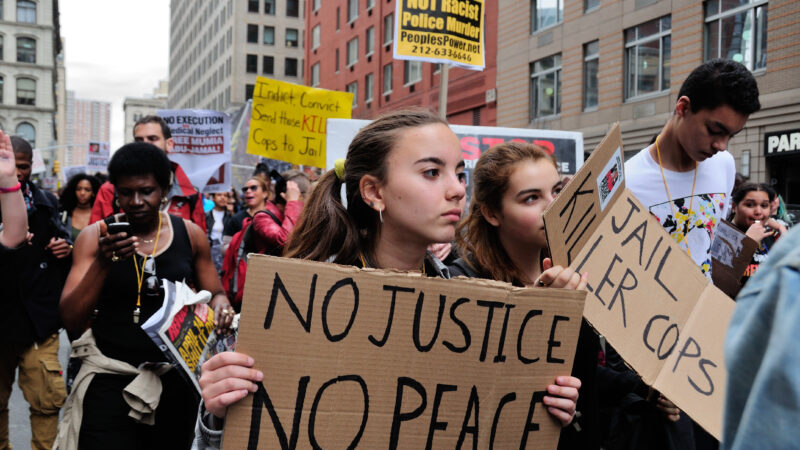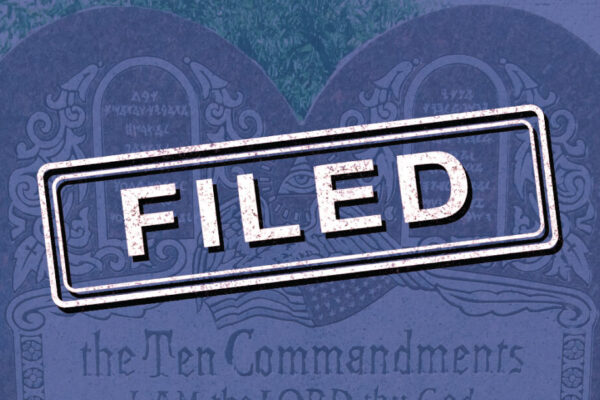Free Speech and Pluralism
Protecting free speech means protecting a free press, the democratic process, diversity of thought and beliefs, protest rights, and so much more.

What you need to know
1920
The ACLU has been involved in virtually all of the landmark speech cases to reach the U.S. Supreme Court since the 1920s.
1969
The year that the U.S. Supreme Court ruled that students do not “shed their constitutional rights to freedom of speech or expression at the schoolhouse gate.”
1997
When the U.S. Supreme Court agreed, in a landmark decision, with the ACLU’s argument that the Internet itself is a free-speech zone.
Since 1920, the ACLU has worked tirelessly to ensure the First Amendment is upheld for all. This includes not only the freedom of speech, but also freedom of the press, of association, of assembly and petition, and our freedom to protest: this set of guarantees, protected by the First Amendment, comprises what we refer to as freedom of expression. The Supreme Court has written that this freedom is “the matrix, the indispensable condition of nearly every other form of freedom.” Without it, other fundamental rights, like the right to vote, would wither and die. The First Amendment also contains the Establishment Clause, which prevents government-imposed religion, and the Free Exercise Clause, which guarantees the right to practice one’s faith (or lack thereof) without interference. These protections are central to ensuring that state-led efforts to infringe upon religious freedoms are not tolerated.
New technologies present new challenges to freedom of speech, as government officials and entities increasingly seek to censor content they dislike or disagree with. This viewpoint discrimination undermines the very essence of a free society. The ACLU believes in an uncensored internet, a vast free-speech zone deserving the full protection of the First Amendment, and we reject any attempts to minimize, censor, or outright prohibit Texans' right to protest and express themselves—including state policies that impose decency restrictions on online content, limit minors' access to information, or facilitate the unmasking of anonymous speakers without careful court scrutiny.
Additionally, Texas students face unprecedented attacks on their freedom to express themselves and learn. Certain state politicians and special interest groups have launched a coordinated campaign to target LGBTQIA+, BIPOC, religious minority students, as well as students who defy gender stereotypes, across the state. Students deserve a high-quality education in a welcoming environment so they can learn about themselves and the world around them. Visit the Students' Rights Hub to learn more about the rights that students have at school and how to protect them.
The Latest

Texas Families Sue to Block Law Requiring Ten Commandments in Every Public School Classroom

Civil Rights Organizations Demand Texas State University Reissue Invitation to Black History Exhibition After Politically Motivated Cancellation

Texas Families File New Class Action Lawsuit to Stop Public School Districts Throughout Texas From Displaying the Ten Commandments
Cases, Campaigns & Legislation
GSA Network, et al. v. Morath, et al.
The Woodlands Pride, Inc. et al, v. Warren Kenneth Paxton, et al
Stay Informed
Sign up to be the first to hear about how to take action.
By completing this form, I agree to receive occasional emails per the terms of the ACLU’s privacy statement.
By completing this form, I agree to receive occasional emails per the terms of the ACLU’s privacy statement.

